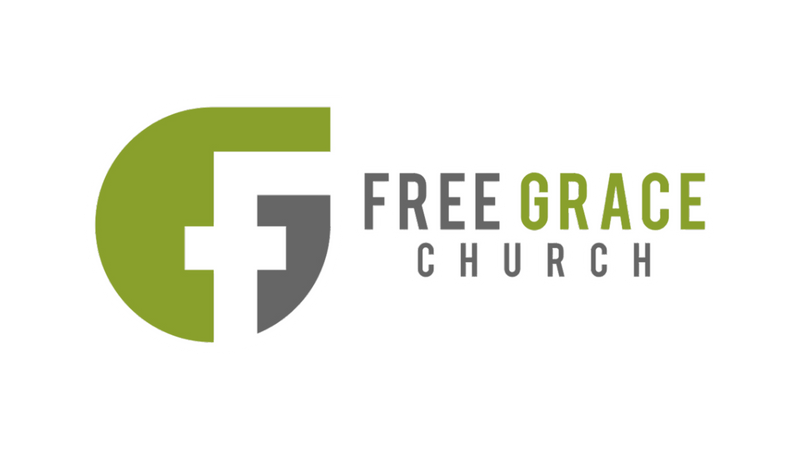Call to Confession
/The Prayer of Confession we used this past Sunday:
PRAYER OF CONFESSION
Father of mercies, Quiet our anxious thoughts and help us to be still before you. We confess that we do not run to you as our refuge and strength, but turn to many other sources of hope and help when our souls are troubled. When our lives fall apart and our hearts are like roaring and foaming seas, we are prone to fear you, accuse you, hate you, and feel abandoned by you. If we have been obedient to you, we think that you owe us better than this cup of suffering. When we have disobeyed, we fear that you are judging us and imagine that we have spoiled your wonderful plan for our lives. Father, thank you for your presence with us in our joy and our sorrow, in our strength and our weakness. We praise you that we cannot ruin your plans, for you work all things, even our own sin and the sins of others against us, together for our good and for your glory.
Lord Jesus, you obeyed your Father with every thought and action, yet his wonderful plan for your life was to give you the bitter cup of suffering that should have been ours. You trusted and loved God even when he didn’t let that cup pass from you; your faith never wavered when he turned his back on you, so that he would never have to forsake us. Thank you for obeying in our place and giving us your righteousness.
Holy Spirit, exalt Christ in our hearts. Give us strength to trust in him, for we are weak and it is hard to practice what we believe. You alone can restrain our sin, for without your grace to sustain us, we quickly fall. When we resist sin, show us that all the glory is yours and not ours. When we fall, remind us of the oceans of love and forgiveness that are ours in Christ, and of your complete sovereignty over all sin. May we treasure Christ in our weakness and failure, celebrating the love of such a wonderful Savior. Thank you for times of pain when you dismantle our idolatries and disarm the fortresses that we turn to instead of you. When life is stormy, let us find safety, peace, and hope in Christ, our best refuge and only source of true and lasting strength. In his priceless name we pray, amen.
- Taken from the book, Prone to Wander: Prayers of Confession and Celebration
You can purchase either the physical or electronic version of the book by clicking here.










